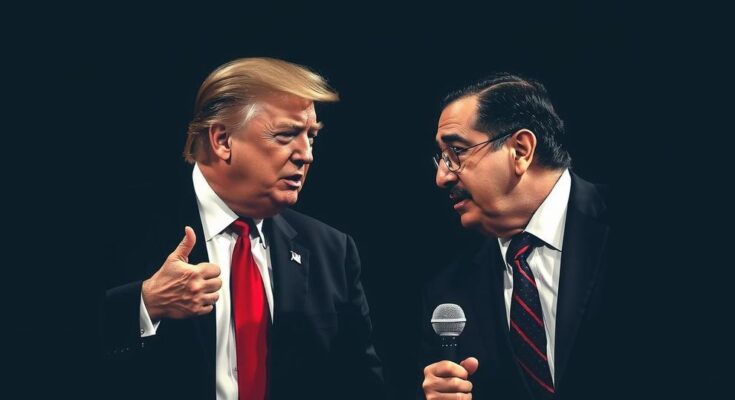Trump’s pick of Huckabee and Witkoff signals a potential return to pro-Israel policies, emphasizing settlement expansion and diplomatic alignment with the Israeli right. While Huckabee’s views are celebrated by far-right Israeli politicians, questions linger about whether this strategy will genuinely manifest in US policy. Witkoff’s lack of political experience raises concerns about the potential impacts on the ongoing Israel-Palestine conflict.
Donald Trump’s latest strategic moves in Middle East policy have been illuminated by his nomination of Mike Huckabee for US ambassador to Israel and Steve Witkoff as a special envoy. Huckabee’s allegiance to Trump’s policies hints at a continuation of the previous administration’s favorable stance towards Israel, particularly regarding settlements and territory claims. His past statements indicating that Israeli settlements are merely communities echo a significant ideological alignment with the far-right Israeli government, a development that has sparked joy among hardline ministers in Israel. The impending question lies in what this new approach will mean for the ongoing Israel-Gaza conflict. The Israeli right wing celebrates Huckabee’s selection, viewing it as a signal for an unwavering US policy that endorses Israeli territorial ambitions. Despite this, some analysts remain cautious, suggesting that the outcome might not mirror the anticipated pro-settler agenda of earlier years. Meanwhile, Witkoff’s background, though less politically seasoned, adds an intriguing dimension to this diplomatic landscape. With minimal foreign policy experience, his appointment raises eyebrows yet reflects Trump’s tendency to favor camaraderie over experience. As the political chess game unfolds, speculation abounds regarding how these appointments will influence US-Israel relations and the broader Middle East dilemma.
Trump’s nominees signal a possible return to policies reminiscent of the earlier Trump administration, especially concerning Israel’s territorial claims and the contentious issue of settlement expansion in Palestinian territories. Huckabee’s staunch pro-Israel stance resonates deeply with the far-right ethos prevalent in Israel, reflecting a shared commitment to reinforce Israeli sovereignty over disputed areas. This appointment occurs against a backdrop of an ongoing Israel-Gaza conflict, with significant implications for the prospect of a peaceful resolution. The highlights from Trump’s past term included controversial decisions such as relocating the US embassy to Jerusalem and legitimizing Israeli settlements, fundamentally shifting US policy that had existed for decades. The lack of clarity surrounding Witkoff’s influence underscores the unpredictability of US-Middle East relations under Trump’s renewed leadership.
The resonance of Huckabee’s ambassadorship may solidify a right-wing agenda in US-Israel relations, potentially exacerbating tensions with Palestine and diminishing the prospects for peace. His past remarks imply a disregard for international law concerning settlements, raising concerns among Palestinian leaders about future diplomatic solutions. Whether his appointments translate into actionable policy or remain rhetorical remains an ongoing discussion among political analysts and stakeholders in the Middle East.
Original Source: www.bbc.com



